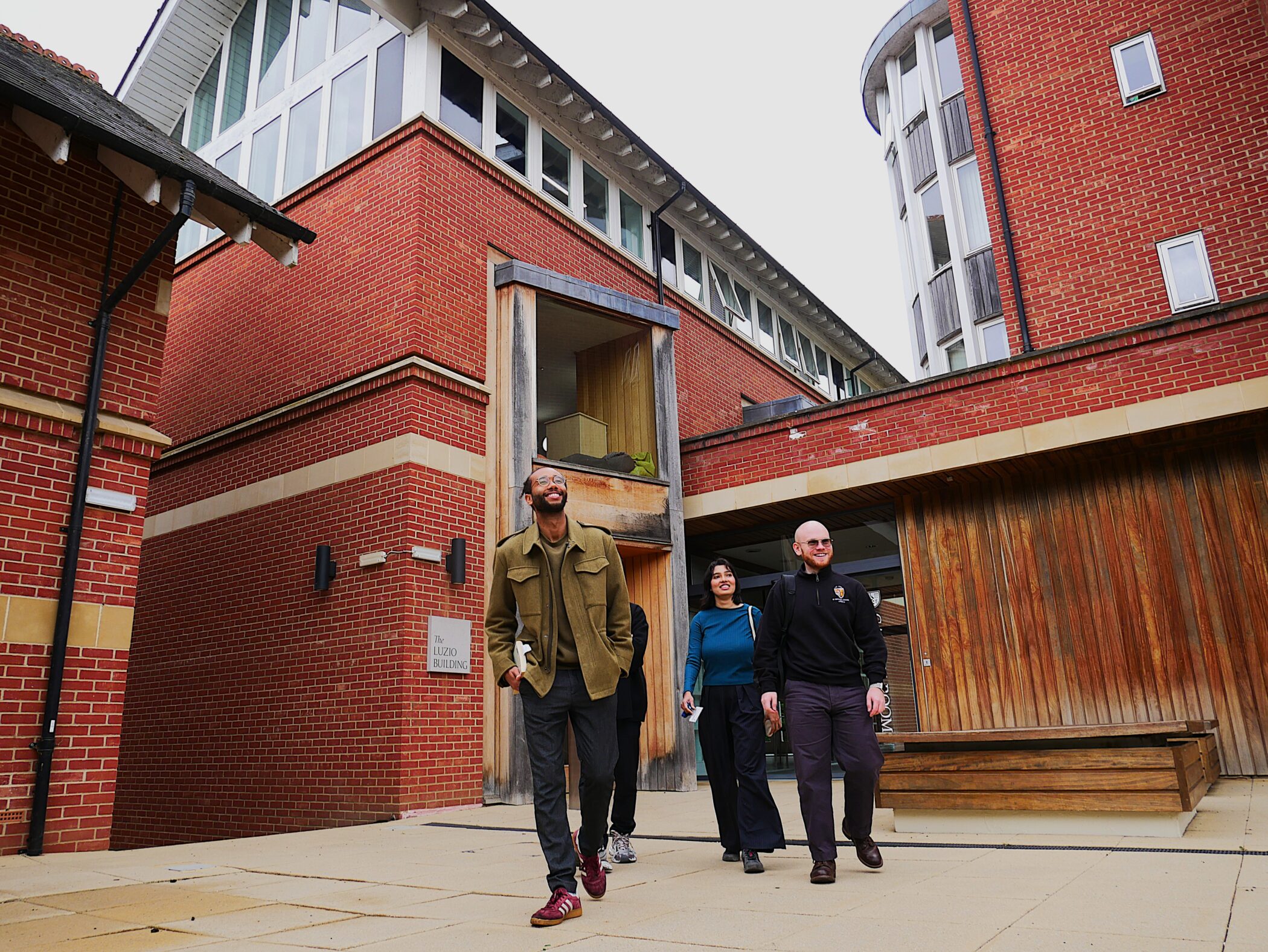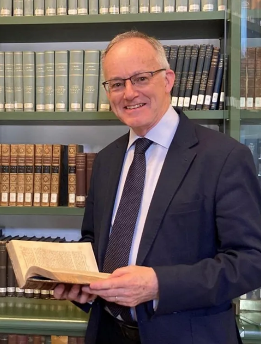As the year 2020 approaches, there is panic in different sectors with strategies whose term is coming to an end. The conservation sector has not been spared, with stock-taking of progress and achievements in nature conservation targets over the past 10 years underway. Progress towards meeting the Convention on Biological Diversity’s Aichi Targets has been limited, bar a few exceptions. Where are the gaps and opportunities and what does the future for conservation hold?
Nobesuthu Ngwenya an MPhil in Conservation Leadership student is carrying out her professional placement with the International Union for the Conservation of Nature (IUCN). Her project will explore answers to these questions and make recommendations for framing an ambitious, transformative and yet deliverable post 2020 spatial conservation target.
On 15 July, Nobesuthu visited Switzerland to present the preliminary findings of her research work, partly funded by St Edmund’s College. Whilst in Switzerland, at the IUCN Head Office, she had an opportunity to attend a Global Protected Area Programme (GPAP) meeting and two Green List meetings. Taking advantage of the opportunity to meet some of the leaders in global conservation work, she interviewed individuals and got to learn from them what could to be done to make a difference in nature conservation. The question also remains for everyone of us: what role have we played to ensure the wellbeing of our environment and what can we do to make our world a better place?
Among lessons learnt was an emphasis on focusing on the goal to achieve what we set for ourselves. She relates to the role of leadership as an individualistic element, rather than a position in any organisation or company. Learning from the small team she interacted with in Switzerland, which despite their small number, are making strides in their work. IUCN does not work alone in conservation, but in partnership with other organisations. As such, ‘collective impact’ is of importance in achieving conservation goals and everyone must play a role, could be through organisations and institutions coming together for a common cause, managing our consumption as humans and stopping pollution. The impacts of plastics in marine ecosystems cannot be over emphasized.
Nobesuthu is optimistic that Post 2020 will see a move to healthier ecosystems and the thriving of nature, with humans playing a great part in ensuring this. She thanks St Edmund’s College for supporting the trip financially, her Tutor Dr Sami Everett and Academic Supervisor Chris Sandbrook; the IUCN, the GPAP team who hosted her, Natasha Ali her placement co-supervisor and Trevor Sandwith for the opportunity to work with them and in making the trip a success”.





